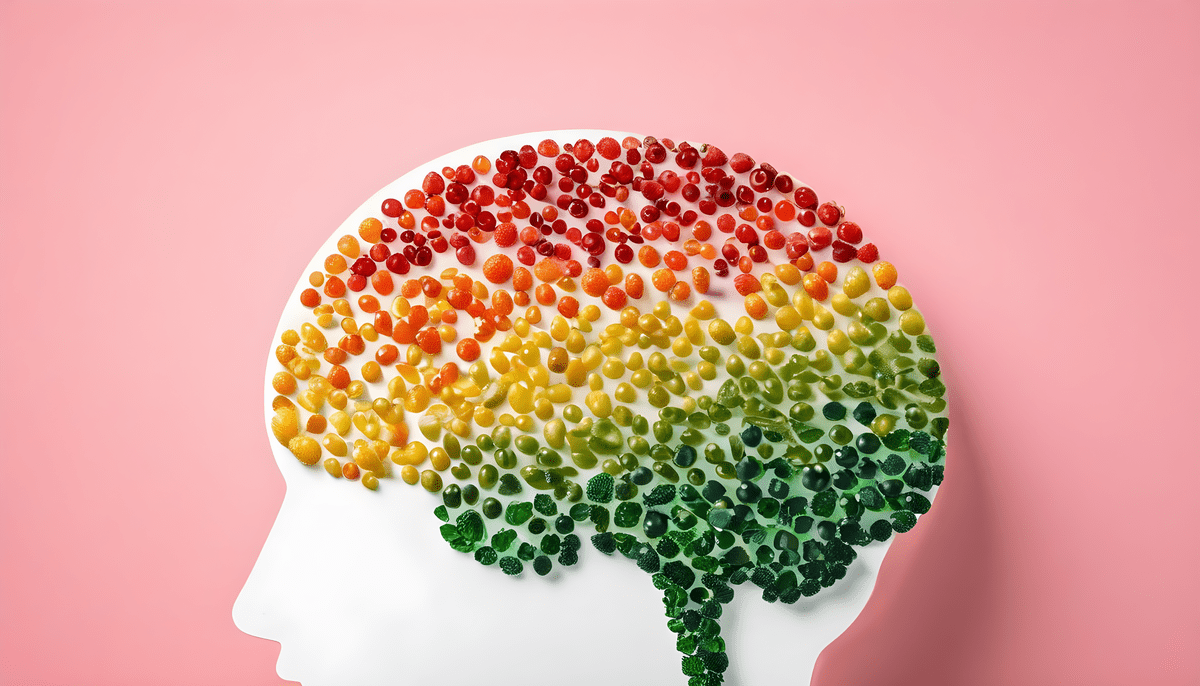In the fast-paced world we live in, the importance of mental well-being cannot be overstated. As we juggle various responsibilities and navigate the challenges of daily life, it’s crucial to explore holistic approaches to support our mental health. One avenue gaining increasing attention is the role of nutritional supplements in promoting cognitive function, regulating mood, and managing stress. In this article, we will delve into the scientific foundations behind these claims and provide practical tips for incorporating these supplements into your daily routine.
The Supplementor is supported by it’s audience. When you purchase through links on our site, we may earn an affiliate commission
Understanding the Mind-Body Connection
The connection between nutrition and mental health is a fascinating and complex field. Scientific studies consistently highlight the influence of diet on brain function and mental well-being. A well-balanced diet rich in essential nutrients provides the foundation for optimal cognitive performance and emotional resilience.
Cognitive Function: The Power of Omega-3 Fatty Acids
Omega-3 fatty acids, commonly found in fatty fish like salmon and mackerel, have emerged as key players in supporting cognitive function. These essential fats are integral components of cell membranes in the brain and contribute to neurotransmitter function. Research suggests that omega-3 supplementation may improve cognitive performance and protect against age-related cognitive decline. Consider incorporating fish oil supplements into your diet to ensure an adequate omega-3 intake.

Mood Regulation: The Role of Vitamin D
Vitamin D, often referred to as the “sunshine vitamin,” is not only crucial for bone health but also plays a role in mood regulation. Sunlight exposure stimulates the production of vitamin D in the skin, and deficiency has been linked to mood disorders such as depression. While sunlight remains the primary source, vitamin D supplements can be beneficial, especially for those with limited sun exposure.
Stress Management: Harnessing the Power of Adaptogens
In the realm of stress management, adaptogenic herbs have gained popularity for their ability to help the body adapt to stressors and maintain balance. Rhodiola rosea, Ashwagandha, and Holy Basil are examples of adaptogens that may support the body’s stress response. These herbs are available in supplement form and can be a valuable addition to your daily routine, particularly during demanding periods.
Practical Tips for Mental Well-Being Through Nutrition
- Diversify Your Diet: Aim for a varied and colorful diet, incorporating fruits, vegetables, whole grains, and lean proteins. This ensures a broad spectrum of essential nutrients that contribute to overall health.
- Mindful Eating: Practice mindful eating to enhance the connection between your food and mood. Pay attention to the sensory experience of eating and savor each bite, fostering a positive relationship with food.
- Consult with a Professional: Before introducing new supplements into your routine, consult with a healthcare professional or a registered dietitian. They can provide personalized advice based on your specific needs and health status.
Conclusion
As we continue to uncover the intricate links between nutrition and mental health, integrating nutritional supplements into our lifestyle becomes a promising avenue for holistic well-being. From omega-3 fatty acids supporting cognitive function to vitamin D influencing mood and adaptogens aiding in stress management, the potential benefits are vast. However, it’s essential to approach supplementation with a thoughtful and informed mindset, seeking guidance from healthcare professionals to ensure optimal results.
Remember, nourishing your mind is a journey, and the choices you make each day contribute to the overall tapestry of your mental well-being.
Sources:
- Jacka FN, O’Neil A, Opie R, et al. A randomised controlled trial of dietary improvement for adults with major depression (the ‘SMILES’ trial). BMC Med. 2017;15(1):23.
- Dyall SC. Long-chain omega-3 fatty acids and the brain: a review of the independent and shared effects of EPA, DPA and DHA. Front Aging Neurosci. 2015;7:52.
- Yurko-Mauro K, Alexander DD, Van Elswyk ME. Docosahexaenoic acid and adult memory: a systematic review and meta-analysis. PLoS One. 2015;10(3):e0120391.
- Gowda U, Mutowo MP, Smith BJ, Wluka AE, Renzaho AM. Vitamin D supplementation to reduce depression in adults: meta-analysis of randomized controlled trials. Nutrition. 2015;31(3):421-429.
- Panossian A, Wikman G. Effects of adaptogens on the central nervous system and the molecular mechanisms associated with their stress—protective activity. Pharmaceuticals. 2010;3(1):188-224.




